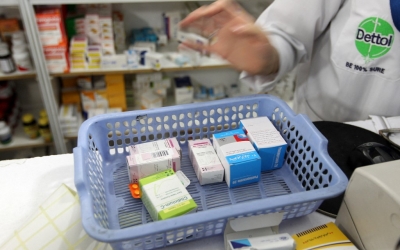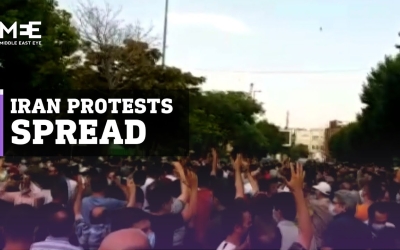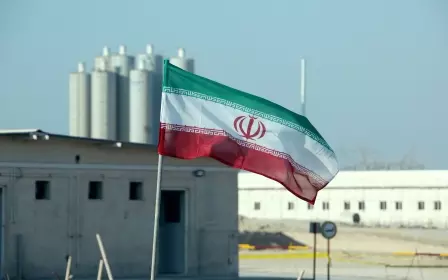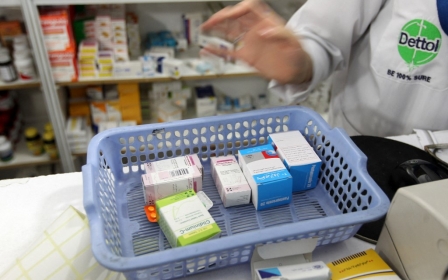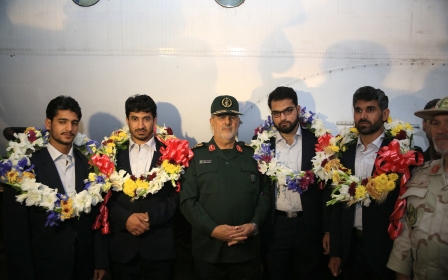Iranian press review: Officials 'manipulated oil exports data'
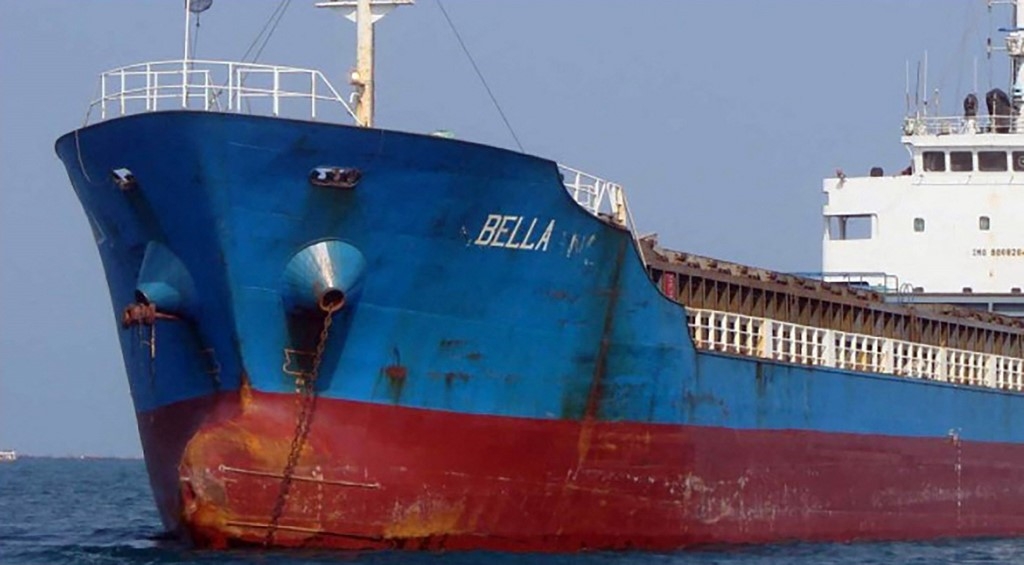
Rising oil export figures questioned
An examination of the amount of oil, gas and petrochemical products exported from Iran has found that assertions by Iranian officials about a sharp increase in such exports, despite Washington's sanctions and ongoing "maximum pressure" policy, are false, according to an investigation published by the Shargh daily.
On several occasions since March, officials have claimed that Iran's oil and petrochemical exports had increased to the levels they were before 2018, when the US violated an international nuclear agreement and unilaterally left the deal between Iran and world powers.
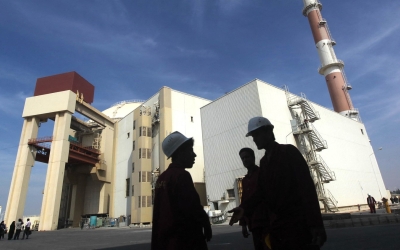
According to Shargh, the figures announced by President Ebrahim Raisi's administration were not reliable, and the spread of such information was part of the establishment's "news-therapy" strategy to reduce the psychological impact of sanctions on Iranians.
Energy analysts who spoke with the newspaper said the government had manipulated the numbers, noting that Iranian oil stored on tankers in the sea was also counted as exported oil.
"Parts of unsold oil production are reserved on the water [in tankers], and other parts are stored in tankers in China, but these stored oils are counted as oil exports," Alireza Salehi, an Iranian expert, told Shargh.
Other experts pointed out that if Tehran had increased oil exports to the extent claimed, there would have been a noticeable impact on its income and economy.
"If the government's claims are right, how does the income from the exports enter the country while we are under [banking] sanctions?" asked Iranian economist Komeil Taiebi.
"Is this money also blocked, or does the government sell oil for goods? What has the government done with the oil exports income?
"First, the government should very clearly answer these questions, and then we can say if the exports impacted people's lives," he added.
High-ranking officials submit requests to themselves
The Aftab daily has revealed details of corruption cases in which Iranian officials submitted requests to offices they themselves directed.
"Those in power have done many weird things," the newspaper wrote.
'Like other colleagues, I have just submitted a request [to open a private school] and I want to use the permission when I am retired'
- Kourosh Maveddat, head of the education ministry in Khuzestan
"But the weirdest move some of them have made is writing to themselves to offer a reward to themselves, or receive permission to construct a building for themselves," the daily added.
Last week, Kourosh Maveddat, the provincial head of the education ministry in Khuzestan province, made headlines after submitting a request to himself to apply for permission to open a private school in Ahvaz, the province's capital.
According to the law, the provincial directors of the education ministry, including Maveddat, are also the head of the board that decides about issuing permission for private schools.
Aftab wrote that due to a conflict of interest, Maveddat's request was illegal and prosecutable.
"This is just a piece of paper, and there is nothing illegal in it," the daily quoted Maveddat as saying.
"Like other colleagues, I have just submitted a request [to open a private school] and I want to use the permission when I am retired."
Medical expenses to push more into poverty
Increased medical expenses will push more than 600,000 people annually into poverty, as Iran's public health care system has failed to provide reliable health insurance plans, according to an article in the Javan daily.
The report came after Iran's national medical council approved a 28.5 percent rise in doctors' visit costs.
Doctors need approval from the health ministry to officially implement the rise. However, local media reported that the private health sector had already gone ahead and increased the cost.
According to Javan, more than 60 percent of medical expenses are now paid by the patient.
"In this condition, an increase in visiting costs is unethical and inhumane," wrote the daily.
"When the patients do not have the money to pay the medical expenses, they will postpone having any treatment, which would worsen their health conditions."
A sharp increase in the price of medicines and a nationwide medicine shortage in recent weeks has also caused anger among Iranians.
Water shortage hits 300 cities
Drought, water mismanagement and demographic changes due to migration from rural areas to cities have caused a water crisis across the country, the Ettelaat daily reported.
The newspaper said more than 300 cities with a population of over 40,000 are facing water shortages and that all governing bodies were "on high alert to tackle this crisis".
"Studies show that the increase in major cities' water consumption has been three times faster than the needed water provided in the cities," Ettelaat wrote.
Experts have warned for years that mismanagement of the resource had put Iran's water supplies at risk.
"Erroneous management plans have been one of the leading reasons for the water shortage in major cities," said the newspaper.
"That is why the plans for tackling the water shortage did not have sufficient impact."
Since the beginning of this month, when several waves of sandstorms hit Iran, environmental scientists have warned of a potential water war in the region, due to global warming and continuous drought in parts of the Middle East.
*Iranian press review is a digest of news reports not independently verified as accurate by Middle East Eye.
Middle East Eye delivers independent and unrivalled coverage and analysis of the Middle East, North Africa and beyond. To learn more about republishing this content and the associated fees, please fill out this form. More about MEE can be found here.


